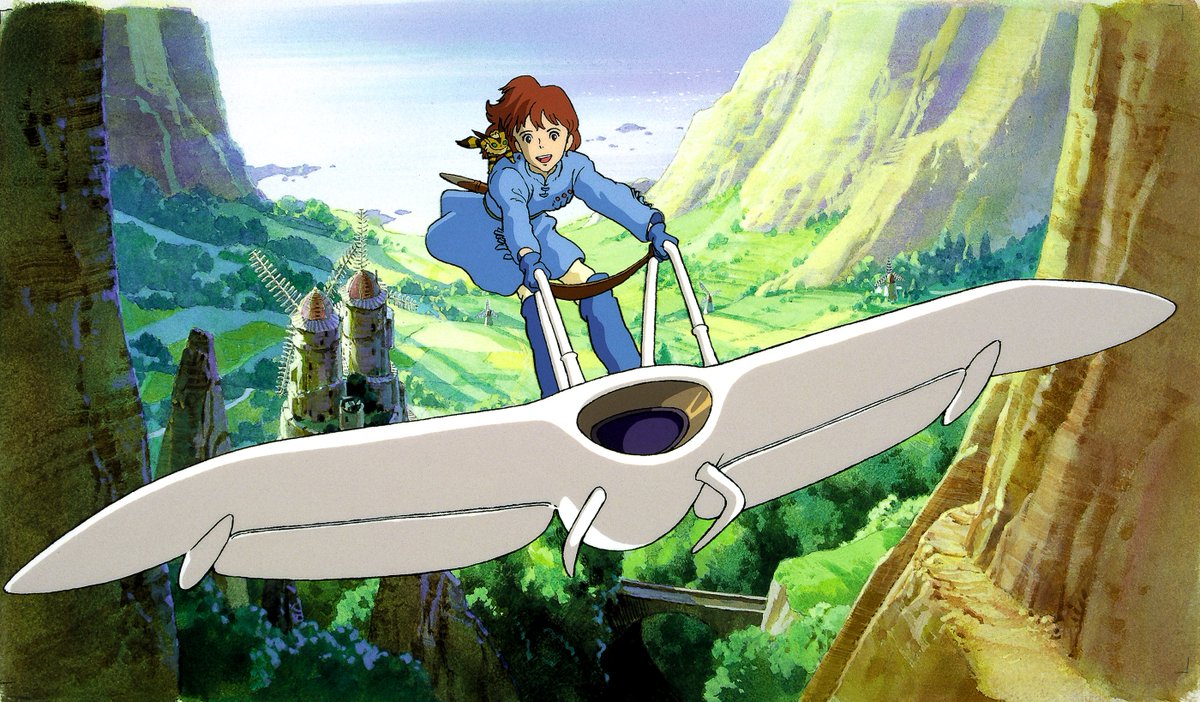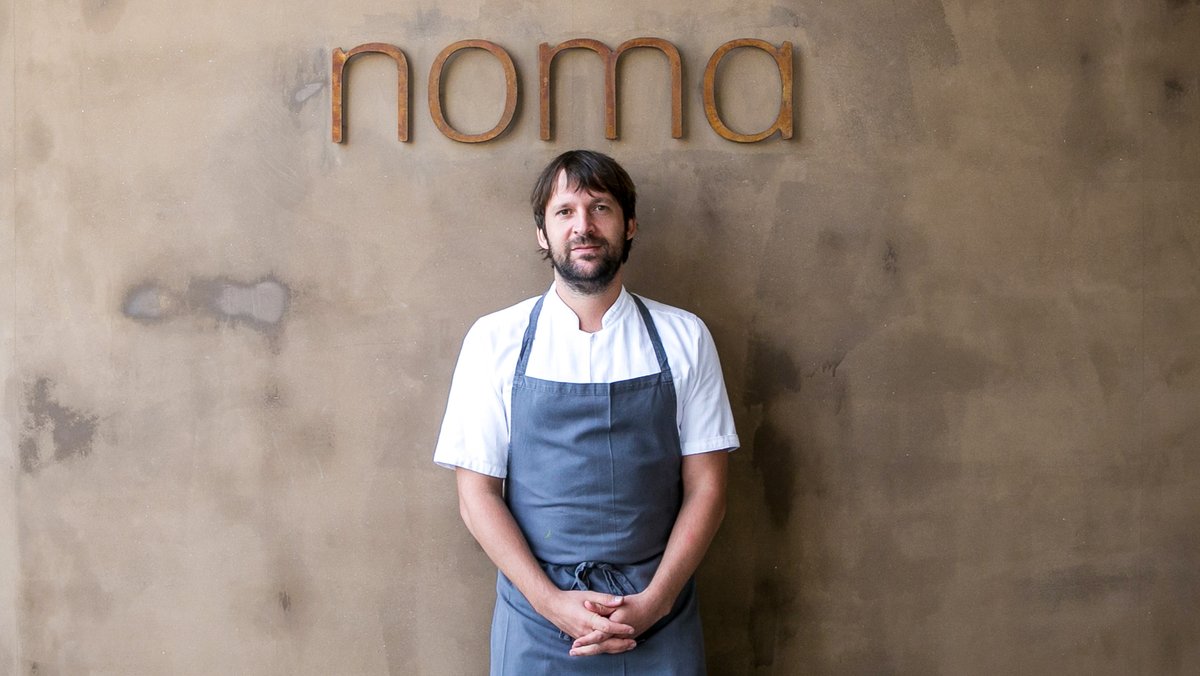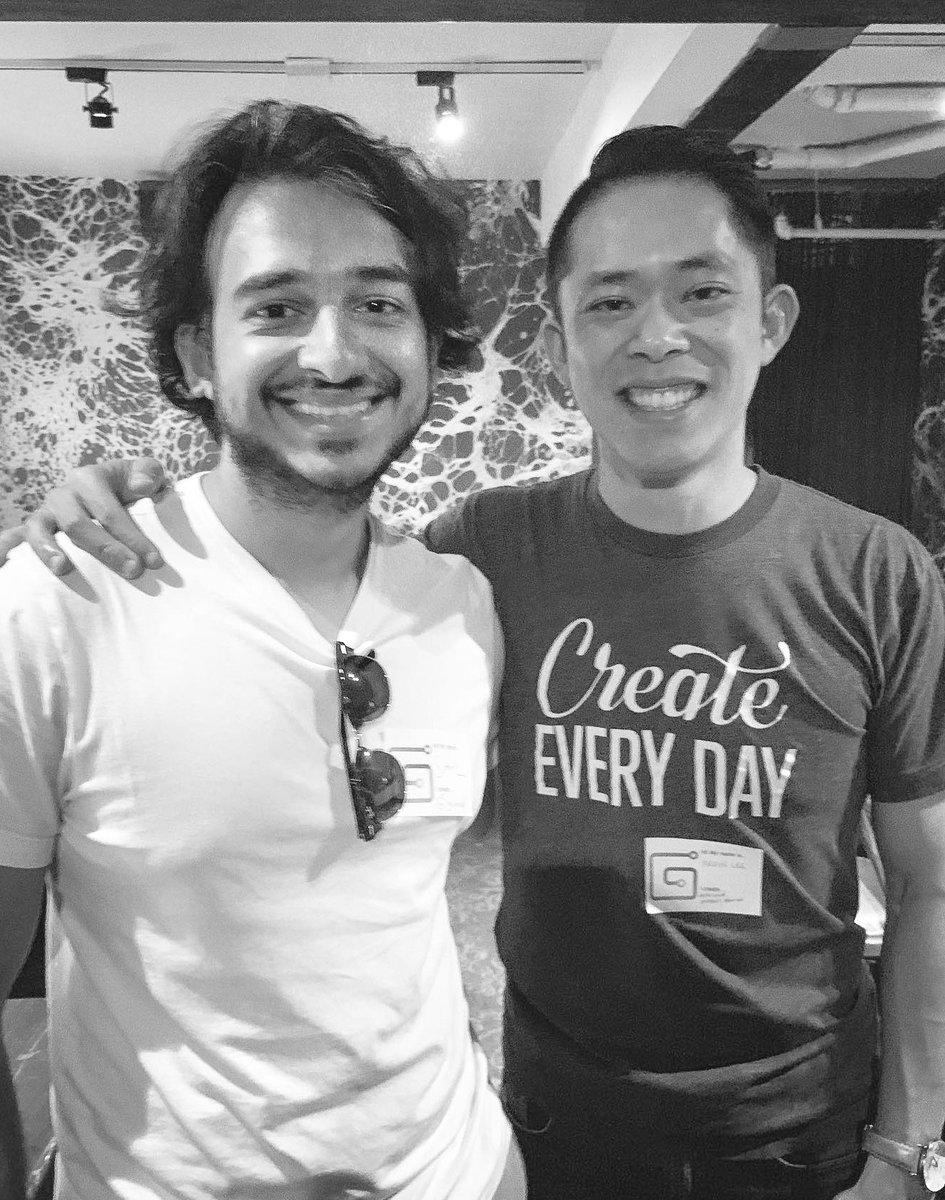
1/ I recently started receiving executive coaching. As an early / pre-launch founder, I was critical of the idea that I should spend money on coaching before we've even earned a single cent of revenue.
Shouldn't I just put my head down and work? What would a coach do for me?
Shouldn't I just put my head down and work? What would a coach do for me?
2/ In conversations with other founders, many questioned my doubt.
Some of the statements I heard:
"It's by far one of the most important things to invest in."
"It affects all parts of your business, and you need to take care of yourself."
"I wish I started earlier."
Some of the statements I heard:
"It's by far one of the most important things to invest in."
"It affects all parts of your business, and you need to take care of yourself."
"I wish I started earlier."
3/ A few weeks ago, I decided to reach out to an acquaintance (you can DM for a rec.) who I had met before and heard great things about from other founders in my network.
We set up time to talk and eventually agreed on 2x per month sessions for a 6 month time period.
We set up time to talk and eventually agreed on 2x per month sessions for a 6 month time period.
4/ I continued having doubts going into my first session. What could a coach possibly do unless she/he had the business acumen to help me ensure a successful launch?
Is it the best use of my time to work on "soft skills" or rant to an objective party about my week?
Is it the best use of my time to work on "soft skills" or rant to an objective party about my week?
5/ Each individual is going to pull out a different experience from exec coaching.
Since I used to wonder what coaching did, I wanted to call out a tangible example of how coaching has helped me manage my emotions, and make better decisions.
Since I used to wonder what coaching did, I wanted to call out a tangible example of how coaching has helped me manage my emotions, and make better decisions.
6/ In each session, I always present a situation that I'm thinking about:
"I'm worried that our community won't like the taste of our product that we worked so long to create.
If they don't like it and we receive negative reviews, I've done a poor job and failed as a leader."
"I'm worried that our community won't like the taste of our product that we worked so long to create.
If they don't like it and we receive negative reviews, I've done a poor job and failed as a leader."
7/ This type of negative thinking cascades in ways you don't even realize.
As a co-founder, I should have the highest standards out of anyone for our product.
As a co-founder, I should have the highest standards out of anyone for our product.
8/ But as someone who is always pushing himself harder, I can always find more reasons why the product is not good enough, and therefore, why I am not good enough.
It's a dangerous emotional path to put yourself down with all of these sabotaging voices.
It's a dangerous emotional path to put yourself down with all of these sabotaging voices.
9/ My coach hears this and he sees the pattern. He labels the ego:
"You're worried about negative product feedback. But instead of interpreting negative feedback as, 'I've done a poor job. This is about me. I'm failing as a leader,' consider a more generative framing."
"You're worried about negative product feedback. But instead of interpreting negative feedback as, 'I've done a poor job. This is about me. I'm failing as a leader,' consider a more generative framing."
10/ "My job is not to get other people to like me. My job is not to get people to like my product. My job is to understand what needs people have and how do I meet them?"
Negative feedback is just: "I haven't quite met their needs yet."
Negative feedback is just: "I haven't quite met their needs yet."
11/ If I focus on the broader mission of meeting their needs, then everything along the way (including the negative feedback I so fear) is not about me, which is fundamentally about my ego.
12/ Now, whenever I'm interacting with a community member and receive critical product feedback, I don't feel like a personal failure. My confidence remains intact.
13/ The old me might have sulked at a harsh piece of feedback. It likely ruined my day and slowed my work output.
It made me second guess my marketing efforts. Should I be reaching out to this influencer? What if they don't like the product too? Maybe I won't take the risk.
It made me second guess my marketing efforts. Should I be reaching out to this influencer? What if they don't like the product too? Maybe I won't take the risk.
14/ The new me is excited. I can't wait to launch this product soon and get it into the hands of even more people.
Some of them don't like it? Okay, that's fine. Instead of beating myself up, let's use this generative mindset to remind myself why I'm doing this.
Some of them don't like it? Okay, that's fine. Instead of beating myself up, let's use this generative mindset to remind myself why I'm doing this.
15/ My job is to serve our users and meet their needs.
My job is not to boost my own ego.
I'm reminded of my commitment to serve these people and the broader community.
My job is not to boost my own ego.
I'm reminded of my commitment to serve these people and the broader community.
16/ A few years ago, I participated in a program pairing people with Navy SEALs who were transitioning out of the military with a desire to work in the tech workforce.
I was lucky to mentor one Navy SEAL over the course of a year. I say lucky, because really, he mentored me.
I was lucky to mentor one Navy SEAL over the course of a year. I say lucky, because really, he mentored me.
17/ He taught me that SEAL training is a battle not of your body, but of your mind. Your mind will give up long before your body.
But there's a 40% rule: When your mind is telling you that you're done, that you cannot possibly go any further, you're only actually 40% done.
But there's a 40% rule: When your mind is telling you that you're done, that you cannot possibly go any further, you're only actually 40% done.
18/ @davidgoggins put it best: "Under the hood, we all huge reservoirs of potential and a governor impeding us from reaching our maximum velocity."
19/ "It’s the software that delivers personalized feedback, in the form of pain and exhaustion, but also fear and insecurity, and it uses all of that to encourage us to stop before we risk it all.
Ours can’t stop us unless we buy into its bullshit and agree to quit."
Ours can’t stop us unless we buy into its bullshit and agree to quit."
20/ "Once you know that to be true, it’s simply a matter of stretching your pain tolerance and letting go of your identity and all your self-limiting stories, so you can get to 60 percent, then 80 percent and beyond without giving up."
21/ The startup journey is not the military and in no ways are they comparable. But the startup journey is first and foremost a mental battle.
Coaching helps to develop a calloused mind. To make it bulletproof, you need to go to the source of all your fears and insecurities.
Coaching helps to develop a calloused mind. To make it bulletproof, you need to go to the source of all your fears and insecurities.
22/ I now consider each of these coaching sessions to be one of the most valuable uses of my time.
I walk out of every session feeling like I've leveled up as an individual and a founder.
My friend @khemaridh calls this $10,000 / hour work. Your highest leverage activity.
I walk out of every session feeling like I've leveled up as an individual and a founder.
My friend @khemaridh calls this $10,000 / hour work. Your highest leverage activity.
23/ I've changed my perspective greatly on coaching. I'm still working on this myself, but I'd encourage you to re-frame the blockers to starting.
It's not a cost. It's an investment. And investing in yourself is the best investment you can make.
It's not a cost. It's an investment. And investing in yourself is the best investment you can make.
• • •
Missing some Tweet in this thread? You can try to
force a refresh











